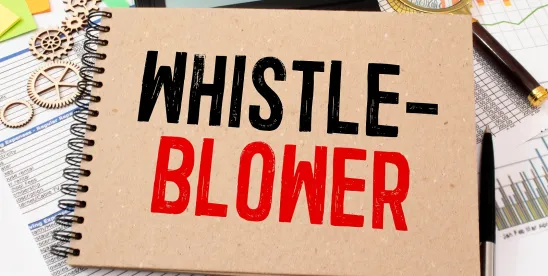Whistleblower lawyer Jon Tycko explains how qui tam relators can earn monetary awards for reporting fraud. If you have information about fraud, contact us today to learn more about what are the different categories of fraud and how you may collect evidence for building your case.
Whistleblower cases are time sensitive, so you may want to report fraud on time in order to be eligible for a potential monetary reward. Successful qui tam cases may result in a payout for up to 30 percent of the overall recovered funds.
Watch the video or read the transcript below to know more.
Video Transcript
Speaker: Tycko & Zavareei LLP Partner Jonathan Tycko
Our whistleblower clients are often motivated not by money, but by a strong sense of right versus wrong, patriotism, and wanting to protect their fellow taxpayers from fraud. But in passing the False Claims Act, Congress recognized that whistleblowers take professional and personal risks, and so the statute provides monetary rewards for successful qui tam whistleblowers.
Does the Government Pay Monetary Rewards to Whistleblowers?
The government really does pay these rewards. The Department of Justice has paid more than $8 billion in rewards to qui tam whistleblowers and in recent years, has paid an annual average of almost $500 million. The reason these rewards are so high is that the rewards are based on a percentage of the amount recovered for the government.
How Much Payout Can a Whistleblower Get For Reporting Fraud?
In cases in which the Department of Justice intervenes, the range is between 15 and 25%. In cases that are related pursues after the department declines, that range goes up to 25 to 30% of the government’s recovery. So, for example, for every $10 million that you recover for the government, the False Claims Act requires that your reward be in the range of $1.5 million up to $3 million.




 />i
/>i
